Debt bondage is when someone is forced to pay off a loan by working for little or no salary. The work performed to pay off the debt greatly exceeds the worth of the initial loan.
Debt bondage is one of the most common ways of exploiting human trafficking victims. Placing people in bonded labour is a form of coercion and psychological control.
Traffickers may tell victims that they have incurred debt for transportation, visas, housing and food. Often more debt is piled on for interest on the original debt, medication or other necessities.
Many victims who are trafficked for forced labour (including manufacturing, agriculture, construction and domestic work) in Asia Pacific are in a situation of debt bondage.
Recruitment agencies can push victims into debt bondage through excessive recruitment fees. Victims may also be expected to work at a job for which they did not sign up, or for far less pay than was agreed.
The average recruitment fee of migrants in Southeast Asia is between US$500-1,200. This can take up to 2 years of labour to pay off. The average electronics factory worker earns US$278 per month. Until the debt has been repaid, workers make little to no money.
To help pay the high recruitment fees, labour trafficking victims sometimes borrow money from their family and friends or place a mortgage on family homes making it difficult, if not impossible, to leave their jobs.
Debts are sometimes passed on between generations. In Asia Pacific, millions of trafficking victims are working in forced labour to pay off debt that was inherited from parents and grandparents.




















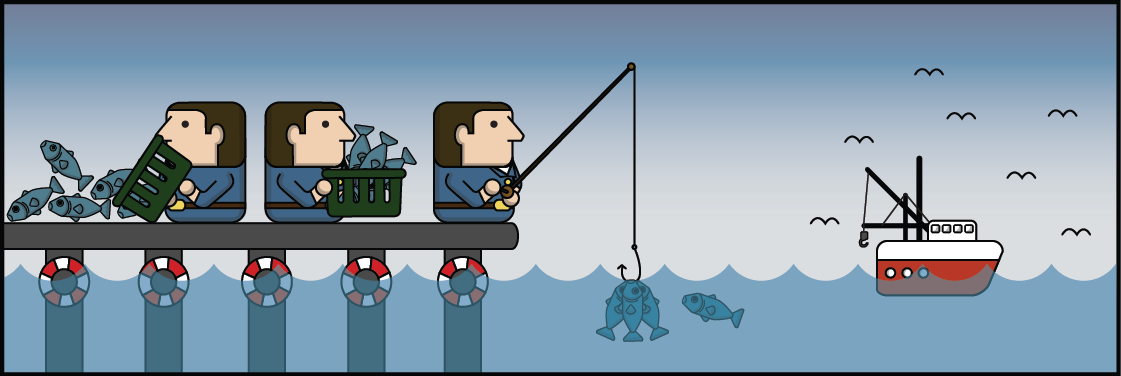



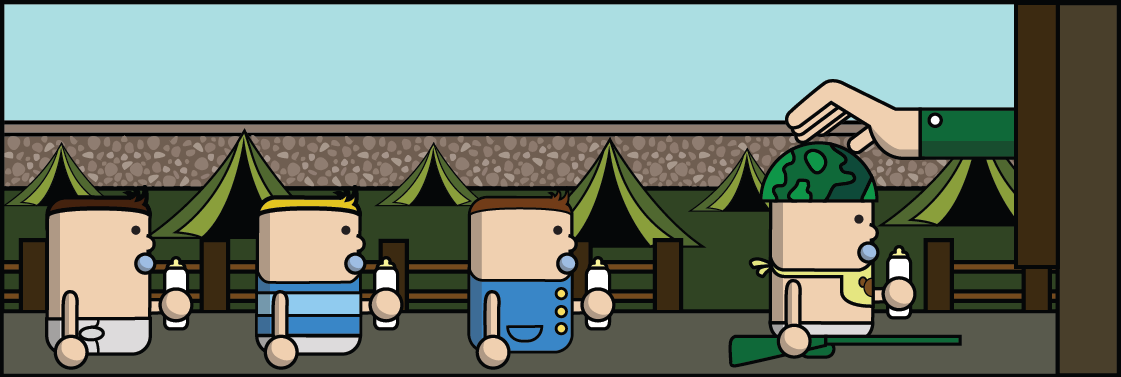
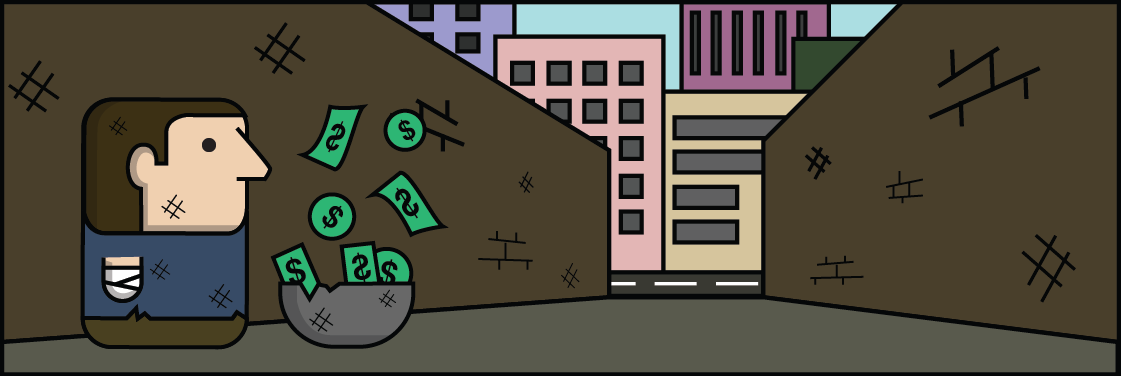

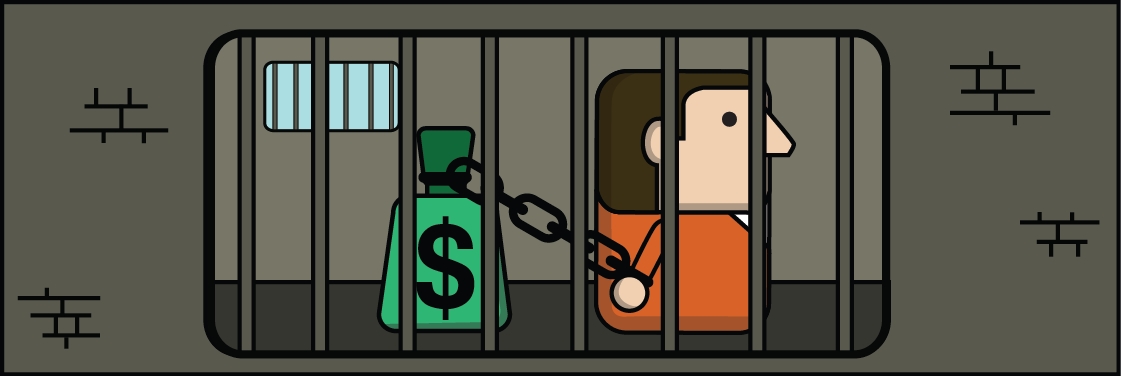
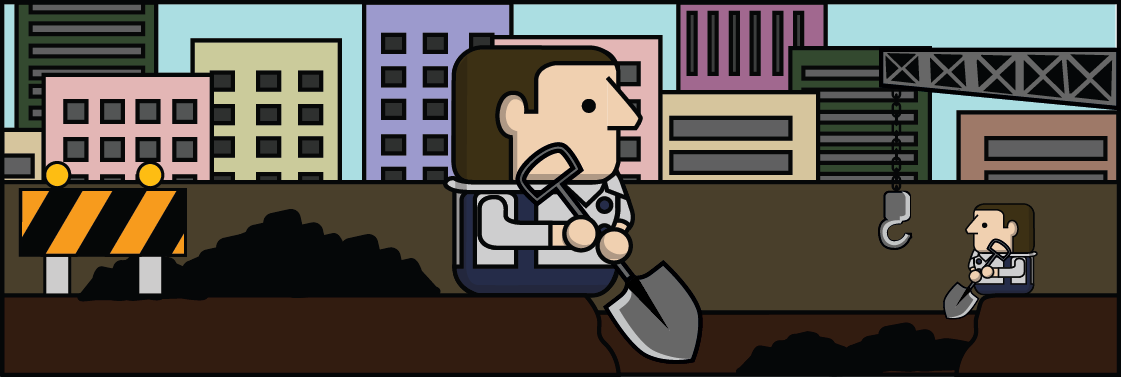

 Power by
Power by